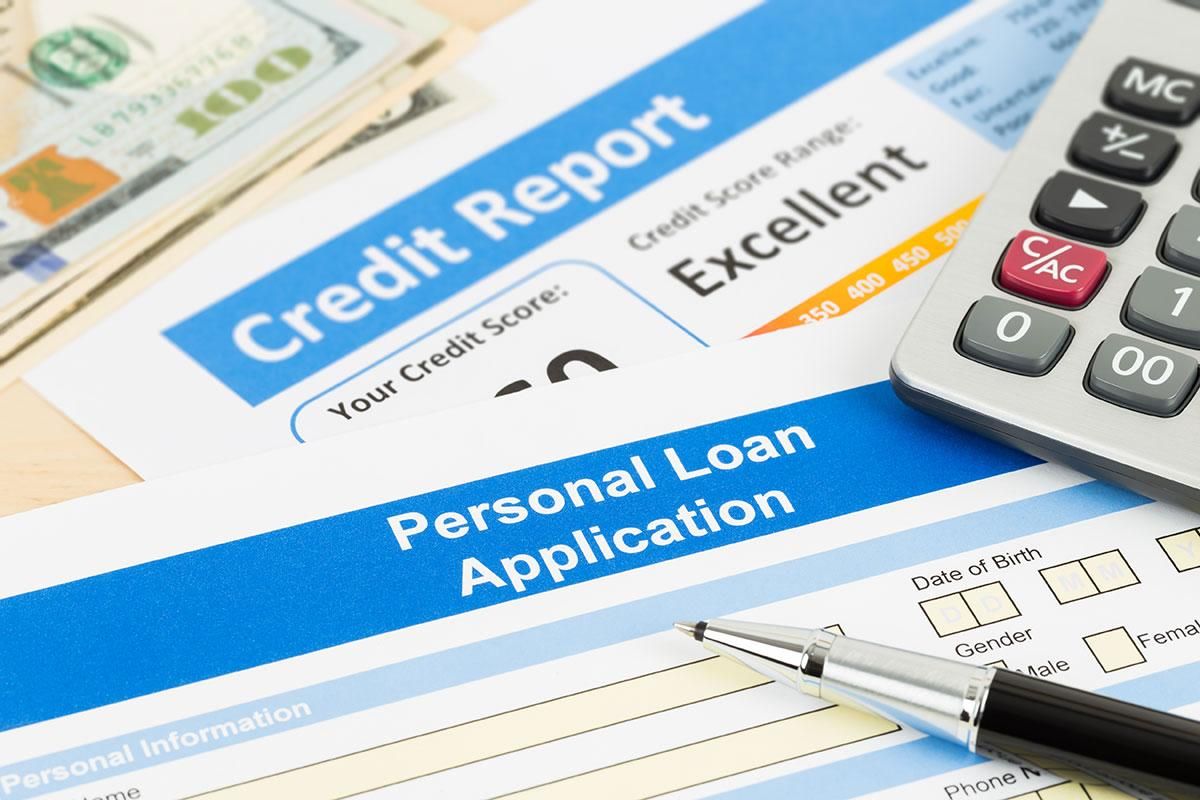
Do Student Loans Affect Your Ability to Buy a Home?
Student loan debt in the U.S. is growing at a rate six times faster than the country's economy. There are more than 43 million student borrowers in debt, and they have an average debt load of $39,351 each.
There are a lot of negative ways carrying student loan debt can impact your life. One of those is affecting your ability to get a mortgage and buy a home. The following are more specific things you should know about your student loan debt and its effects on your borrowing ability.
Does Student Loan Debt Affect Your Ability to Buy a Home Directly?
Mortgage rates continue to hover at lows, so you might want to consider buying a home, especially if you’re currently a renter. Student loan debt can affect whether you qualify for a mortgage and your interest rate.
With that being said, it doesn’t affect your ability to get a mortgage any differently than other types of debt.
For example, if you had credit card debt, it would affect you the same way as the student loan debt more or less, in that it’s still something you have to repay. A lender, when reviewing mortgage applications, considers all of the current monthly payments you’re obligated to make. They’ll then determine whether or not they think you could take on another payment.
If you qualify under the lender’s standards, they’ll decide on an interest rate.
Having student loan debt doesn’t automatically disqualify you from getting a mortgage, but it can.
Debt-to-Income Ratio
The critical issue with student loan debt or any other financial obligation is how it factors into the debt-to-income ratio. The debt-to-income ratio assesses whether you’d be able to keep up with your current payments and make a new one for a home loan.
The calculation is made by adding up your current debt payments and your anticipated mortgage. Then, that number is divided by your gross monthly income. Gross monthly income is the amount you earn before deductions and taxes.
If your debt-to-income ratio is over 43%, most lenders won’t approve you for a mortgage. The ideal spot is at or below 36%. The maximum for monthly payments related to a mortgage, according to most experts, should be less than 28%.
What matters isn’t your overall amount of debt in this calculation but rather what you’re responsible for paying every month.
Flexibility in Payments
With the above in mind, if you want to qualify for a mortgage with student loan debt, one option might be changing your student loan repayment plan, especially if you have federal student loans. You could opt for a graduated or extended repayment plan. You still have to pay the same principal amount, and it will take you longer to pay the loans off, but a lower payment may reduce your debt-to-income ratio.
FHA Changes
If you’re considering an FHA loan, in the summer of 2021 it was announced there would be a change in the way student loan debt is calculated as part of the debt-to-income ratio. The change makes it easier for some homebuyers who have student loan debt to get an FHA loan.
Previously, before the changes, an FHA lender had to calculate your monthly student loan payment at 1% of the outstanding balance. Now, the monthly payment amount used in calculating debt-to-income is the same as a homebuyer’s actual student loan payment, which tends to be lower.
Effects on Credit Scores
One other thing to note is that if you have student loan debt, it may not just affect your ability to qualify for a mortgage because of your debt-to-income ratio. Your existing debt affects your credit score, which then, in turn, is used by mortgage lenders.
For someone with a low credit score, an FHA loan might be an option. FHA loans may be available if your score is as low as 500 to afford a 10% down payment.
Overall, student loans don’t inherently affect your ability to get a mortgage, but in multiple indirect ways, they can and do.